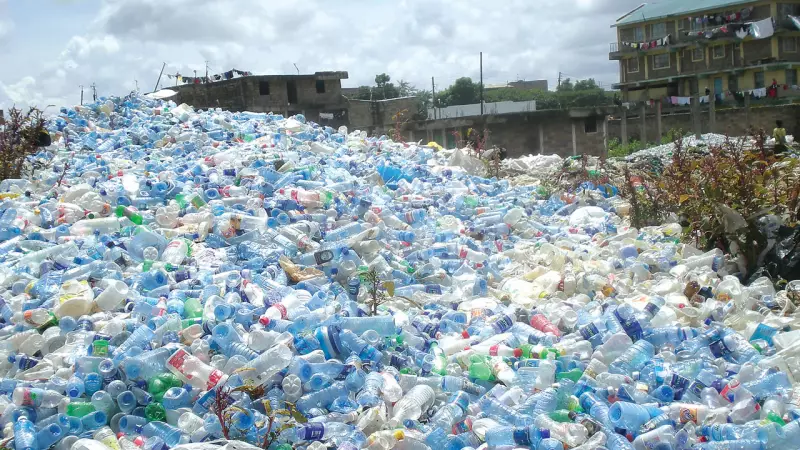
In a groundbreaking development that could revolutionize waste management and energy production across Africa, Nigeria has successfully implemented technology to extract high-quality diesel from plastic waste. This innovative approach addresses two critical challenges simultaneously: the growing plastic pollution crisis and the nation's energy needs.
From Environmental Menace to Valuable Resource
The revolutionary process transforms what was once considered worthless plastic trash into a precious energy commodity. Through advanced pyrolysis technology, various types of plastic waste are broken down at high temperatures in an oxygen-free environment, resulting in the production of clean-burning diesel fuel.
This breakthrough represents a significant leap forward in Nigeria's green technology sector, demonstrating that environmental sustainability and economic development can go hand in hand.
Multiple Benefits for Nigerian Society
The implications of this innovation are far-reaching:
- Environmental cleanup: Massive reduction in plastic pollution clogging streets, waterways, and landfills
- Energy independence: Production of locally sourced diesel reduces import dependence
- Economic opportunities: Creation of new jobs in waste collection, processing, and fuel distribution
- Cost savings: Potentially lower fuel prices for consumers and businesses
A Sustainable Solution to Plastic Pollution
Nigeria generates millions of tons of plastic waste annually, with much of it ending up in landfills or natural environments. This technology offers a practical solution to this mounting problem by creating economic value from waste materials.
The process not only cleans up the environment but also contributes to circular economy principles, where waste products are repurposed rather than discarded.
Future Prospects and Expansion
Industry experts predict that scaling up this technology could position Nigeria as a leader in sustainable waste-to-energy solutions across the continent. The success of this initiative may inspire similar projects throughout Africa, where both plastic pollution and energy access remain pressing concerns.
This innovation demonstrates Nigeria's growing capability to develop homegrown solutions to local challenges while contributing to global environmental sustainability efforts.





